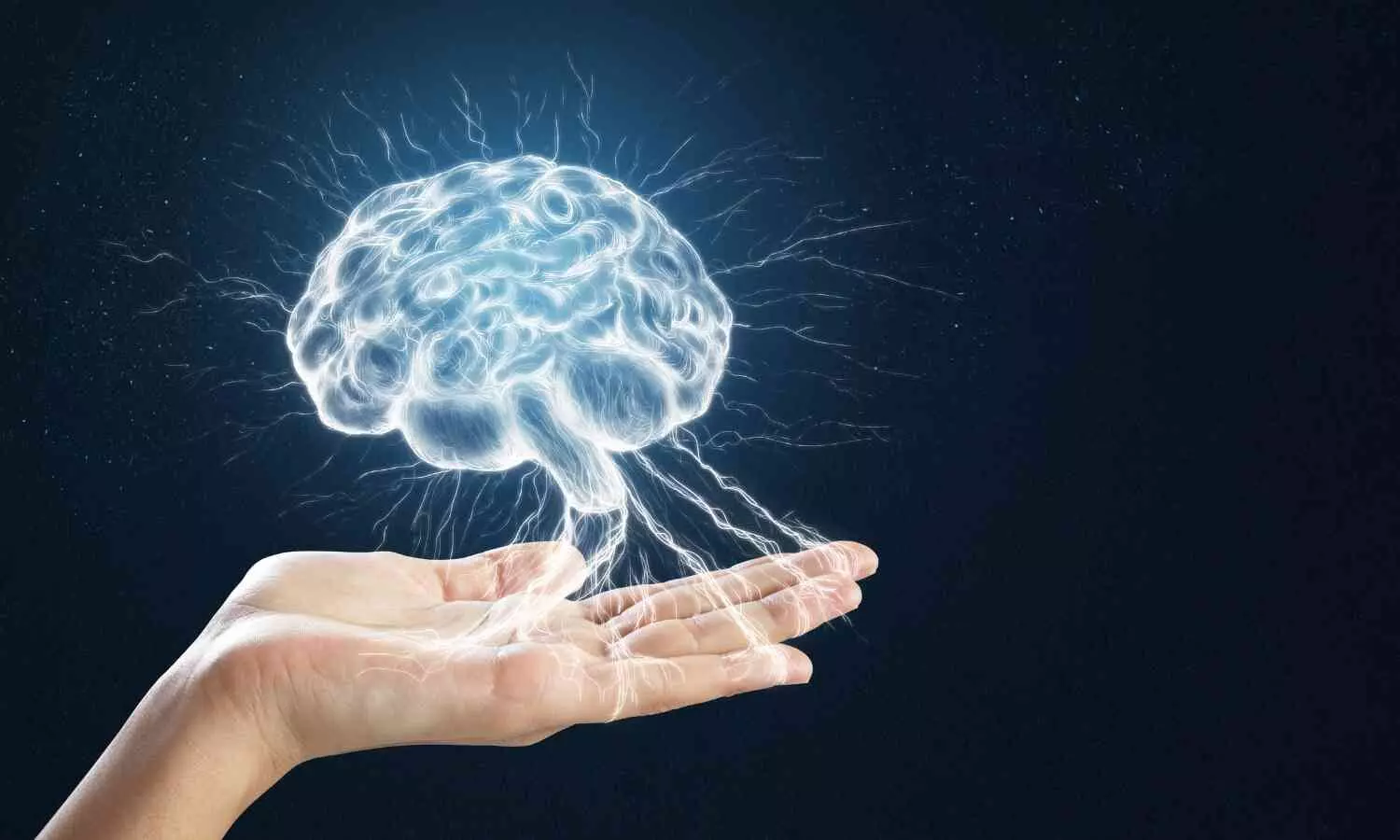Brain Memory Systems Key to Tackling Overeating and Obesity: Study

New Delhi: A new study has identified the hippocampus, a brain region involved in learning and memory, as a key driver of food cravings, overeating, and subsequent weight gain. The research, published in Nature Metabolism, reveals that specific neurons in the hippocampus encode memories associated with sugar and fat, influencing feeding behavior and metabolic health.
The study, led by Guillaume de Lartigue from the Monell Chemical Senses Center in Pennsylvania, highlights the brain’s food-specific memory system and its direct role in diet-induced obesity. “We’ve pinpointed a specific population of neurons in the hippocampus that not only forms food-related memories but also drives eating behavior,” said Dr. de Lartigue. “This connection could have significant implications for body weight and metabolic health.”
These neurons create a "memory trace" for the spatial location of nutrient-rich foods, especially those high in sugar and fat. This mechanism, evolved for survival, is now being overactivated in modern environments abundant with food and sensory cues, according to first author Mingxin Yang, a doctoral student at the University of Pennsylvania. “These memory circuits may drive overeating, contributing to obesity,” Yang explained.
In a mice study, researchers demonstrated that silencing these neurons impaired the animals’ ability to recall sugar-related memories, reduced their sugar consumption, and prevented weight gain—even when exposed to high-calorie diets. The findings underscore how these memory systems influence both food intake and metabolism.
The research opens new possibilities for addressing obesity by targeting hippocampal memory circuits. Dr. de Lartigue emphasized the potential for therapies that disrupt memory triggers linked to unhealthy, calorie-dense foods. “These neurons are critical for linking sensory cues to food intake. Their ability to influence both memory and metabolism makes them promising targets for treating obesity in today’s food-rich world,” he added.
By shedding light on the neural mechanisms behind food cravings, this study paves the way for novel strategies to combat overeating and improve metabolic health in the face of increasing obesity rates.


